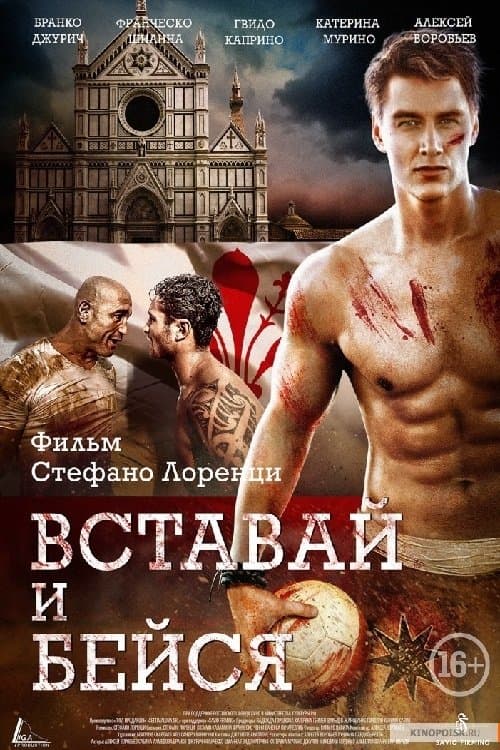Boháč a chudák
Dec 24 2005
•1h 13m
•TV Movie, Family
Erben's original text, which did not exceed half a page in length, served Zelenka only as a source of inspiration to write a plot-rich story about two brothers, one of whom lives in luxury because Luck helped him to wealth, and the other lives in absolute poverty because he loves him Poverty, and she, out of love for him, doesn't want to allow him to get rich and let his life be complicated by worrying about possessions. However, not only the struggle with poverty and the arrogance that comes from owning a large property are the main motives of this charming comedy, which is intended for children of all ages. The desire for love and the search for happiness in life plays an important role in this sometimes very exciting story, and an equally important motive here is the motive of forgiveness of guilt in the name of more permanent values, among which in this case the relationship of two brothers can be included.
Cast
See all
Jakub Prachař
Lukáš

Jiřina Bohdalová
Bída

Markéta Coufalová
Žofie

Jaroslav Plesl
správce
Recommendations
See all
Christmas 'Killing Joke'
As a mayor dreams of spreading holiday cheer with a new ski jump, the town's citizens experience wacky antics while searching for love in wild places.

Six Hours: Surviving Typhoon Yolanda
In the middle of a broadcast about Typhoon Yolanda's initial impact, reporter Jiggy Manicad was faced with the reality that he no longer had communication with his station. They were, for all intents and purposes, stranded in Tacloban. With little option, and his crew started the six hour walk to Alto, where the closest broadcast antenna was to be found. Letting the world know what was happening to was a priority, but they were driven by the need to let their families and friends know they were all still alive. Along the way, they encountered residents and victims of the massive typhoon, and with each step it became increasingly clear just how devastating this storm was. This was a storm that was going to change lives.

The Way to the Heart
Ava, an award-winning chef at a big-city restaurant, has lost her spark. Her boss sends her out to find herself to save her menu and her job. She returns home and finds little to inspire her, but when she reunites with her childhood friend Logan, Ava has to get her head out of the clouds and her foot out of her mouth to rediscover her passion for food.

Florence Fight Club
Intertwined stories from the gladiator/athletes participating to the Calcio Storico Fiorentino yearly championship.